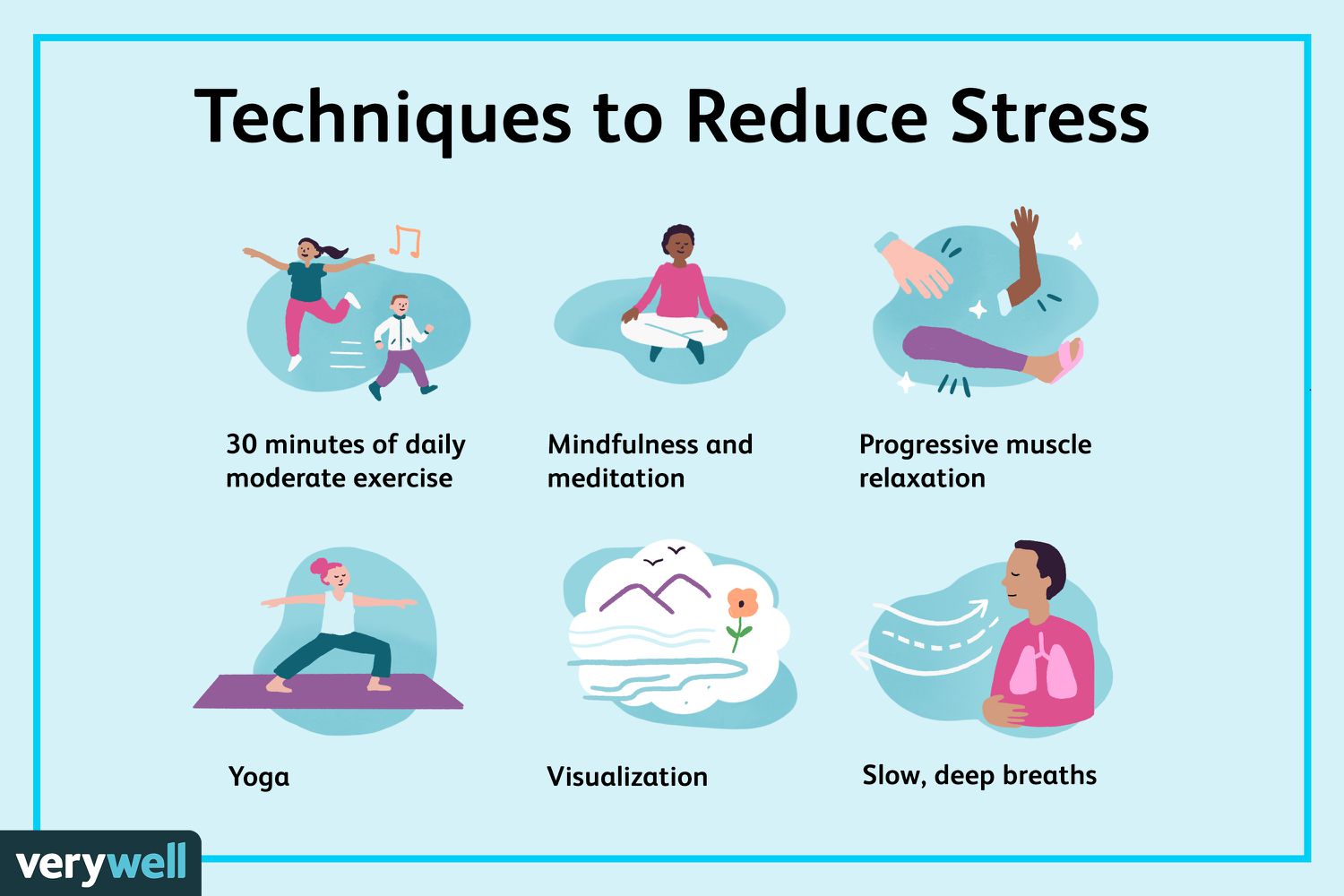Time Management for Stress Reduction
Chronic time pressure is one of the most pervasive stressors in modern life. Effective time management isn't about squeezing more into your day—it's about creating space for what truly matters. This guide presents neuroscience-backed strategies to transform your relationship with time and reduce time-related stress.
The Psychology of Time Stress
Time pressure triggers unique stress responses:
Decision Fatigue
Each additional choice depletes cognitive resources, making subsequent decisions more stressful.
Temporal Discounting
Under time pressure, we disproportionately value immediate rewards over long-term benefits.
A 2022 study in the Journal of Applied Psychology found that employees who felt time-poor reported 47% higher stress levels than those who felt time-affluent, regardless of actual workload.
The Myth of Multitasking
What neuroscience reveals about task-switching:
- True multitasking is impossible—the brain rapidly toggles between tasks
- Each switch incurs a "cognitive penalty" of up to 40% lost productivity
- Chronic multitaskers show reduced gray matter in anterior cingulate cortex
Research shows focusing on one task at a time reduces stress hormones by 28% compared to multitasking.
Time Blocking Method
This structured approach reduces decision fatigue:
- Divide your day into blocks (typically 30-90 minutes)
- Assign specific tasks to each block
- Include buffer blocks for unexpected tasks
- Schedule focus blocks for deep work
- Protect recovery blocks for rest and rejuvenation
Sample Time Block Schedule
- 8:00-9:30 - Deep work (Most important task)
- 9:30-10:00 - Break (Movement, hydration)
- 10:00-11:00 - Meetings/Communication
- 11:00-12:00 - Creative work
- 12:00-1:00 - Lunch break (No work)
- 1:00-2:30 - Administrative tasks
- 2:30-3:00 - Buffer time
- 3:00-4:30 - Project work
- 4:30-5:00 - Planning next day
The Eisenhower Matrix
Prioritize tasks based on urgency and importance:
Urgent & Important
Do these immediately (crises, deadlines)
Not Urgent but Important
Schedule these (planning, relationship building)
Urgent but Not Important
Delegate if possible (interruptions, some emails)
Not Urgent & Not Important
Eliminate these (time-wasters, trivial tasks)
Users of this method report 35% less decision-related stress throughout their workday.
Energy Management
Align tasks with your natural energy rhythms:
- Identify your peak cognitive hours (for most people, 2-4 hours after waking)
- Schedule demanding tasks during high-energy periods
- Use low-energy times for routine tasks
- Respect ultradian rhythms (take breaks every 90 minutes)
Setting Boundaries
Protect your time to reduce stress:
Communication Strategies
- "I can give this my full attention at [specific time]."
- "I'm currently focused on [priority task]. Can we connect later?"
- "Let me check my schedule and get back to you."
Research shows that people who set clear work-life boundaries experience 42% less work-related stress.
The Big Picture
Effective time management isn't about perfection—it's about progress. Start by implementing one or two strategies that resonate with you. Track your stress levels before and after to see what works best. Remember that time management is a skill that improves with practice, and even small improvements can yield significant stress reduction.






